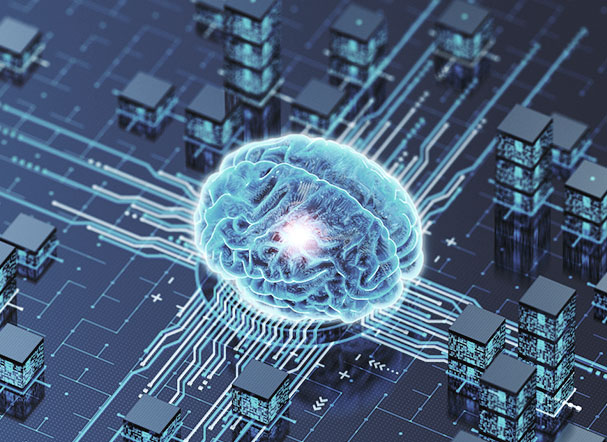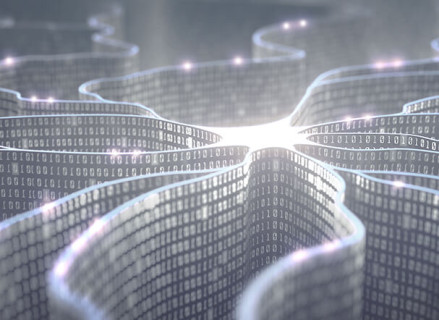Intellectual property
Document refers to the quadrennium 2023-2026 and provides for the use of artificial intelligence.
INPI modernizes and simplifies the examination and registration of technology and industrial property contracts to speed up processes.
Changes simplify procedures and provide more respect for the private sector and contractual freedom.
Question should be analyzed according to the legislation of the country in which the character is intended to be used.
Technical opinions of the last 20 years used as a basis for appeal decisions and administrative nullity proceedings are available in the publication of the PTO launched in December.
Given the franchisee's stance, its allegation of procedural deficiency was not sufficiently deemed to declare the contract null and void.
In order to facilitate access to financing and improve rural credit, Executive Order No.
The Central Bank and the National Monetary Council (CMN) approved the missing rules[1] in order to regulate the Clean Record Law (Law No. 12,414/11), the wording of which was amended by Supplementary Law No. 166/19. Despite the regulations, there are still doubts about the implications of these laws for the privacy and security of personal data of Brazilian citizens, a topic that requires special attention because of the General Data Protection Law (LGPD). The interface between the Clean Record Law and the LGPD, considering its convergent and divergent aspects, is analyzed in this article.
Last month the Brazilian Federal Senate approved the Legislative Decree Bill (PDL) No. 98/2019, regarding Brazil's accession to the Madrid Protocol and its Common Regulations, in order to facilitate the international registration of trademarks. The promulgation of the presidential decree on the agreement and the deposit of the accession instrument with the World Intellectual Property Organization (WIPO) are still pending.
Creativity has economic potential. Concrete manifestations of this statement are startups, companies whose goal is to execute their innovations to generate economic value.
With the approval of Law No. 13,709/2018, the Brazilian General Data Protection Law (LGPD), practically all sectors of the economy, both public and private, must take measures to adapt their activities to the new legal requirements regarding the processing of personal data.
With the adequacy season to the Brazilian Personal Data Protection Law (Law No. 13,709/2018), aka LGPD, opened and reinforced by the creation of the National Data Protection Authority (or ANPD, Presidential Decree No. 869/2018), managers and organizations are being bombarded with risk analysis, recommendations, market solutions, and a multitude of information and cross-cutting discussions that, although relevant, may be of little use or even disrupt them, if they do not have the right mindset and travel plan.
Page 1 of 2













